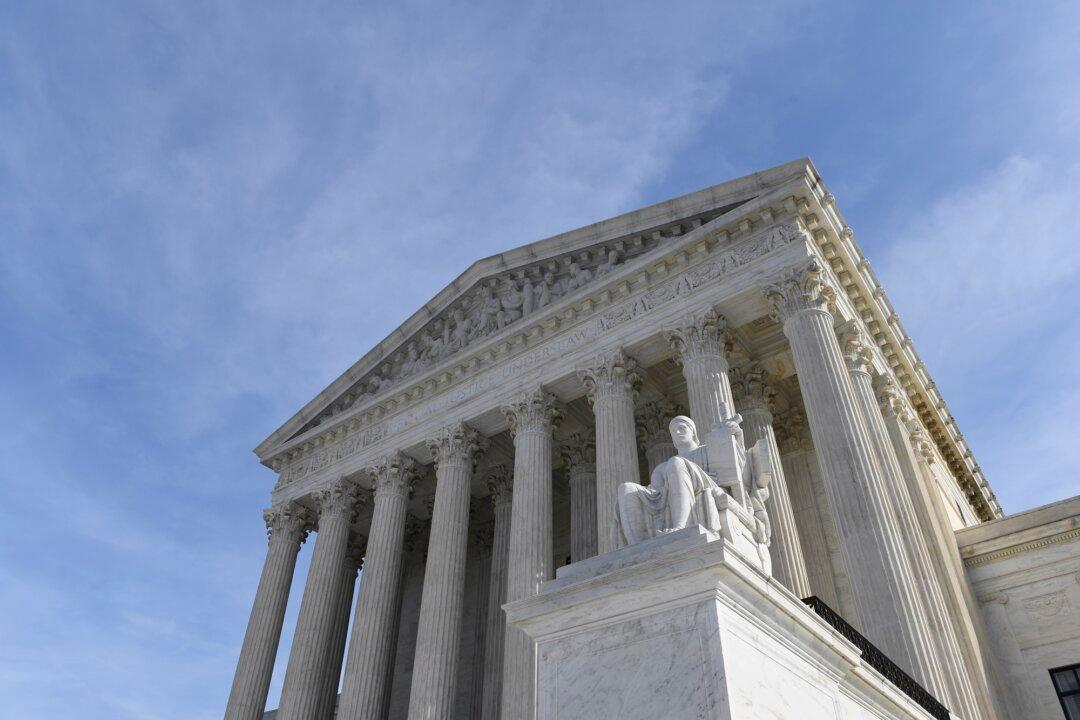The U.S. Supreme Court granted President Donald Trump’s request on Nov. 25, to temporarily block House access to his financial records.
The country’s high court announced (pdf) that it had granted Trump’s emergency stay to block a subpoena issued by the House Oversight Committee to require his accountants, Mazars USA, to turn over the records. There was no noted dissent from the court’s unsigned order. The president now has until Dec. 5 to formally file a full appeal of the lower court’s ruling.




